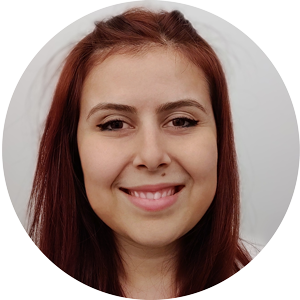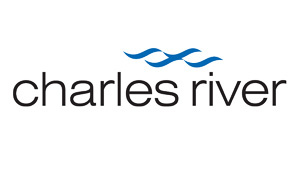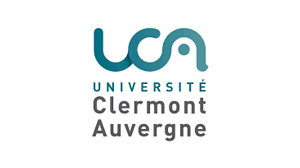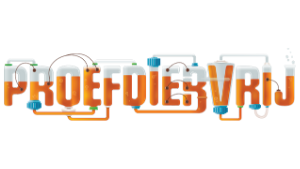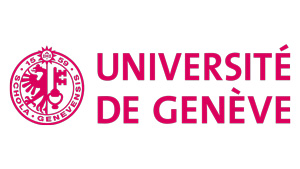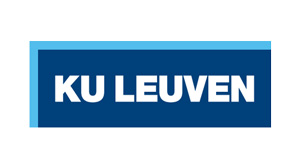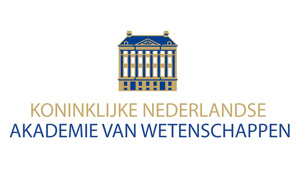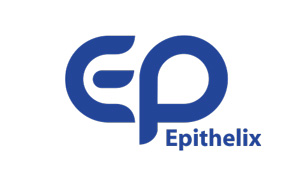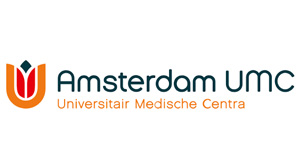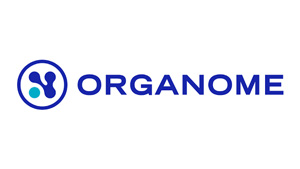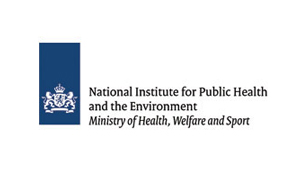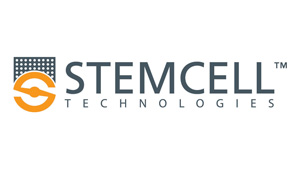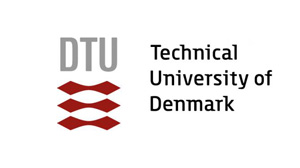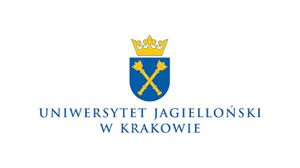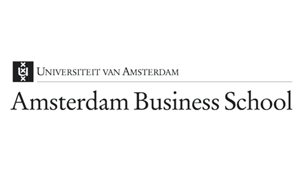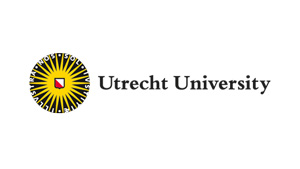About
Asli Aybike Dogan started her academic journey in her hometown Izmir, Turkey, with a BSc. and an MSc. degree in Bioengineering at Ege University. During her studies, she worked on and contributed to several projects based on 3D scaffold-based / scaffold-free (spheroid) models for bone and neural tissue engineering applications. After her graduation, Asli got awarded by the Swiss Government Excellence Scholarship program. There, she worked in a project, ‘In vitro personalized ADHD model’ as a post-graduate researcher at the UZH, Switzerland, for a year. She gained professional experience in 2D/3D animal cell culture, tissue engineering, induced pluripotent stem cells, and regenerative medicine during her research activities at national and international research laboratories. She is interested in biomaterials-cell interactions, biointerphases, tissue-engineered in vitro 3D models for diseases, and therapeutic screening. Currently, she works as an Early Stage Researcher in the OrganoVIR Marie Curie ITN-ETN program. Her PhD project focuses on developing 3D co-culture platforms for High Throughput Screening (HTS) of viruses/drugs and in vitro tissue/disease modeling, at the Department of Health Technology, the Technical University of Denmark.
About Asli’s research project
Asli is working on ESR Project 2: High-throughput 3D Connected Organ Models, under the supervision of Assoc. Prof. Martin Dufva at the Department of Health Technology, the Technical University of Denmark. Her research topic focuses on the development of a 3D co-culture system that assembles different organs (e.g., intestine, lung, brain, skin) and barriers (e.g., gastrointestinal tract, blood-brain-barrier), with scalable and stackable controlled/patterned ECM-mimetic hydrogels for high-throughput screening (HTS) of viruses as an alternative in vitro platform to animal experiments to reduce animal use in virus studies.
During this project, Asli will focus on the following research objectives:
- To build 3D-printed co-culture systems with flexible hydrogel matrices for HTS of viruses and vaccines/drugs.
- To place organoids behind a basement membrane to simulate coupled organ systems.
- To test the platform for the propagation of Enteroviruses (EV).
Moreover, she has been participating in network-wide communication and dissemination training workshops of the ORGANOVIR program. In parallel, she has started making collaborations with other ESRs in the program and she plans to do at least two secondments during her research project:
- A three-month secondment at the University of Jagiellonski (location: Krakow, Poland) focused on learning about co-cultures of fibroblasts and immune cells to explore further the developed co-culture systems.
- A three-month secondment at Amsterdam Medical Center (AMC), the University of Amsterdam (location: Amsterdam, the Netherlands) focused on the transfer of stackable 3D co-culture technology for virus infection.
About the Technical University of Denmark
The Technical University of Denmark (DTU) is one of the biggest technical universities in northern Europe. In 2010, DTU was ranked as No. 1 in Scandinavia and No. 7 in Europe. DTU has 10.000 students with 25 international MSc programs, and 400 new PhD students yearly. The Department for Micro- and Nanotechnology (DTU-Nanotech) represents a cross-disciplinary research environment where micro- and nanotechnology are applied to a wide range of scientific disciplines, e.g. mechanics, optics, chemistry, medical technologies, and biotechnology.

